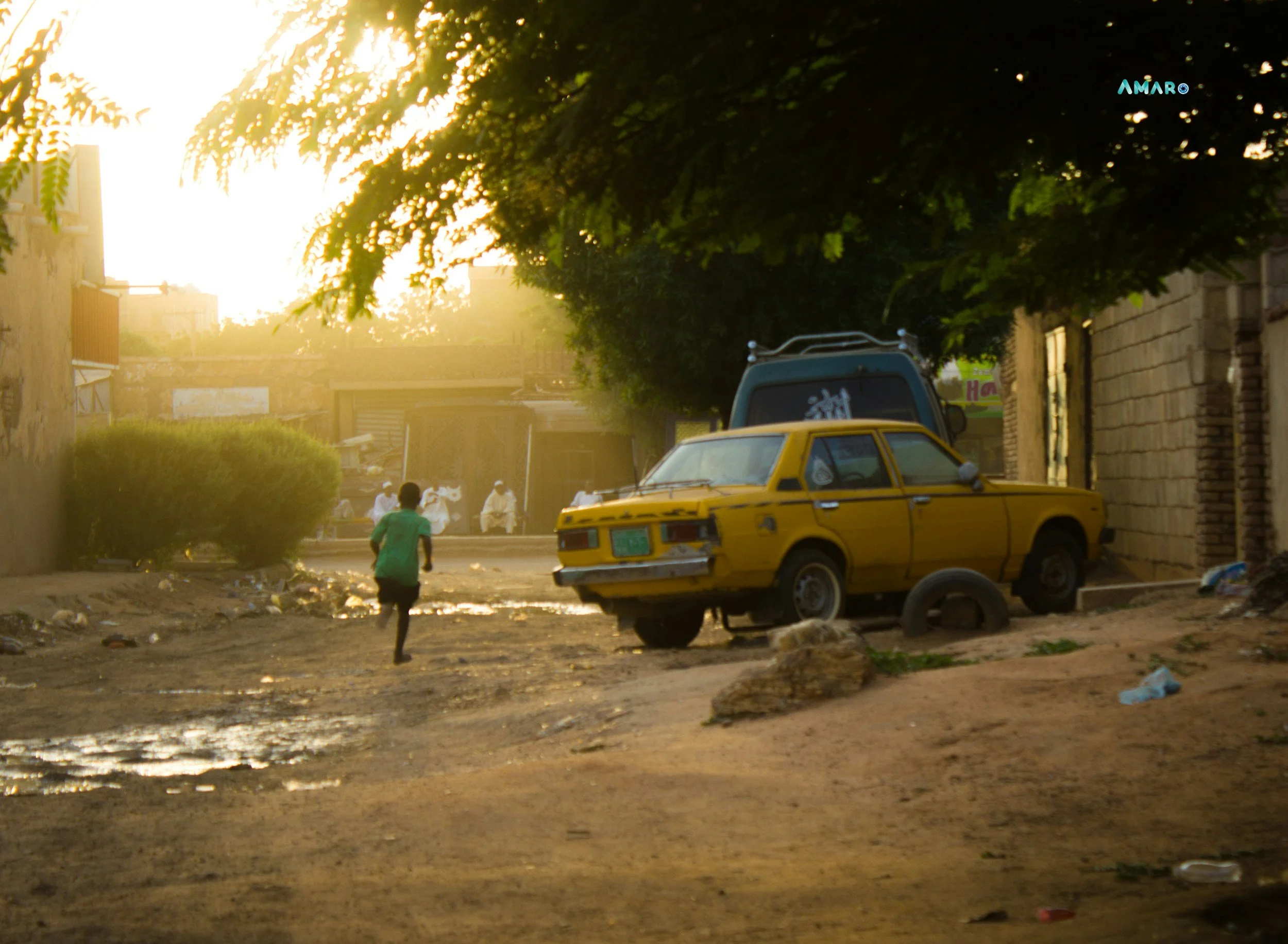The Guardian’s recent reporting sheds light on the violent rise of youth gangs in Juba, where groups such as the Toronto Boys, Mongalla Boys, Niggaz Boys, and 72 Boys dominate areas like Gudele, Sherikat, and Munuki.
These gangs, often armed with pangas and knives, are no longer fringe actors — they shape daily life in many neighbourhoods.
A viral video in July from Sherikat, which showed gang-led sexual violence, and the subsequent arrests of more than 600 young men, underscores how quickly community insecurity and state responses can escalate. Families claim many of those detained were forcibly conscripted into the army, deepening mistrust between communities and authorities.
From a security risk perspective, this environment resonates with the findings in Archer’s Weekly Strategic Summary (2–8 August 2025):
- Between January and June, 114 gun violence incidents were recorded nationwide, causing 877 deaths. Armed youth accounted for over half of these cases, highlighting their central role in driving instability.
- In Juba specifically, gang violence within IDP camps and neighbourhoods has become entrenched, exploiting weak policing and social fractures.
For organisations operating in South Sudan, particularly in the capital, this violence is not abstract. It translates into very real risks for staff and communities:
- Local employees often bear the brunt, facing attacks on their way home, sometimes robbed at knifepoint or with machetes in hand.
- Neighbourhood-based gangs know the terrain intimately, making targeted assaults and robberies both opportunistic and highly effective.
The blurred line between gang violence, armed youth, and political insecurity complicates protective measures, especially in areas like Gudele, Sherikat, and Munuki.
What emerges is a picture of fragility where everyday urban movement - commuting, visiting family, walking home from work - carries risk. For South Sudanese staff in particular, who live and work within these environments, the threats are not just statistics but daily realities.
https://www.theguardian.com/global-development/2025/aug/18/south-sudan-war-gang-culture-youths-conscription






